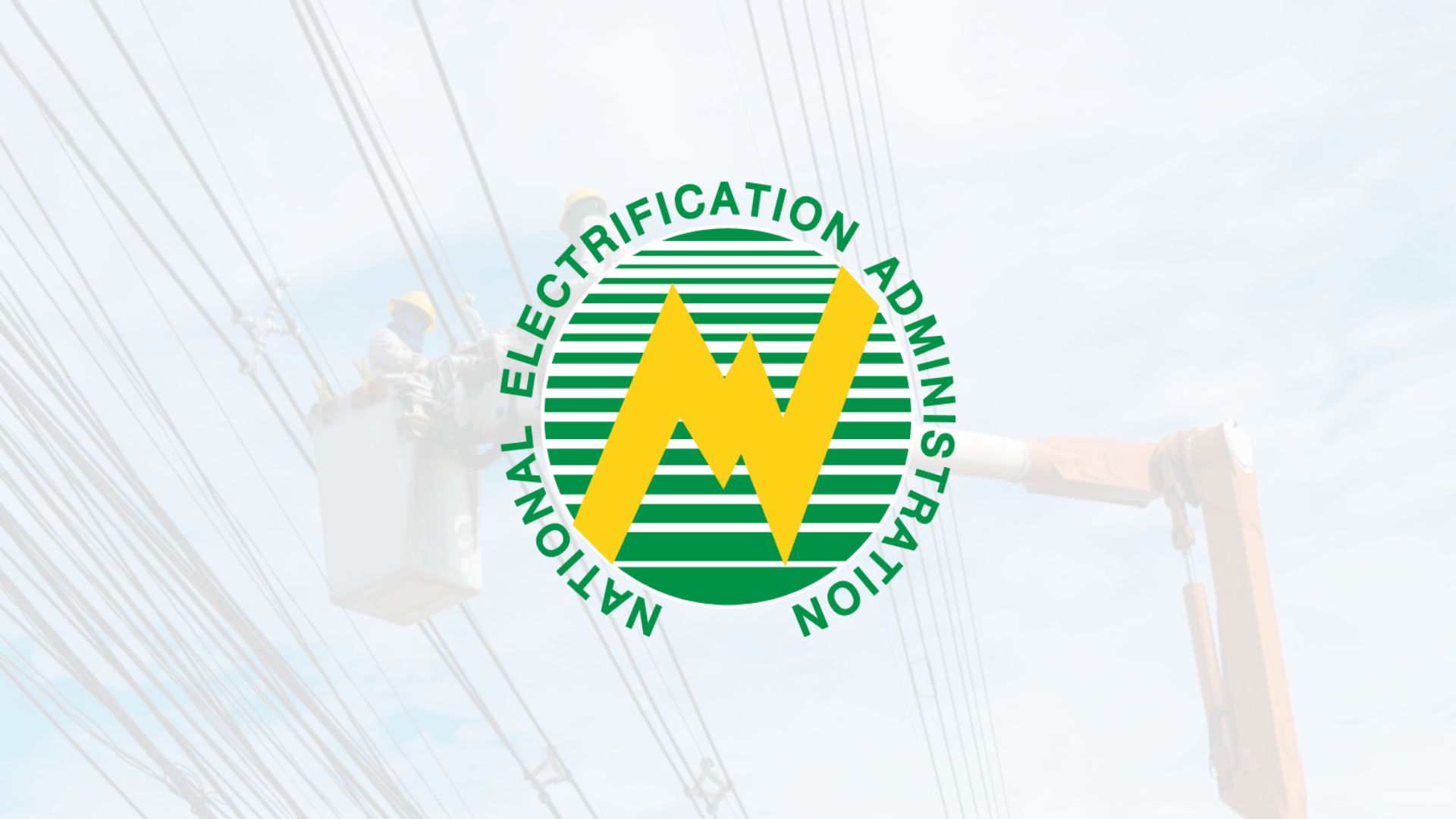NEA outlines key requirements for electric cooperatives seeking LGU tax exemption
- January 15, 2025
- 0

Electric cooperatives (ECs) pursuing an exemption from local taxes, fees, and charges imposed by local government units (LGUs) must adhere to performance standards outlined by the National Electrification Administration (NEA).
Manila Bulletin reported that the NEA has set a series of criteria to assess whether ECs qualify for the exemption, aimed at ensuring reliable and efficient power distribution services.
The corporation said that these guidelines are designed to ensure efficiency, transparency, and commitment from power utilities to reduce electricity interruptions.
Firstly, ECs will be evaluated based on the frequency and duration of power outages. Secondly, cooperatives must achieve a minimum of 90% collection efficiency, with those surpassing 97% receiving the highest score.
In addition, ECs must maintain strong financial performance, ensuring reinvestment in sustainable capital expenditures (CAPEX).
They must also comply with governance requirements, such as holding Annual General Membership Assemblies and District Elections within the prescribed schedules.
Furthermore, ECs are expected to achieve an energization rate of 90% to 100%. Compliance with timely reporting, including submitting the corporate operating budget, is also crucial for meeting the qualification standards.
ECs must score at least 75% across these performance standards to earn a ‘Certificate of Compliance,’ which is necessary to avail of preferential tax treatment from LGUs.
The certificate is in accordance with the Local Government Code and the NEA Reform Act of 2013.
Released last week, the guidelines apply to both stock and non-stock ECs and follow a December memorandum signed by the Department of Energy (DOE) and the Department of Finance (DOF), which exempts ECs nationwide from local government taxes.